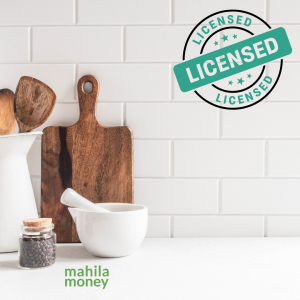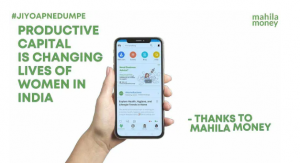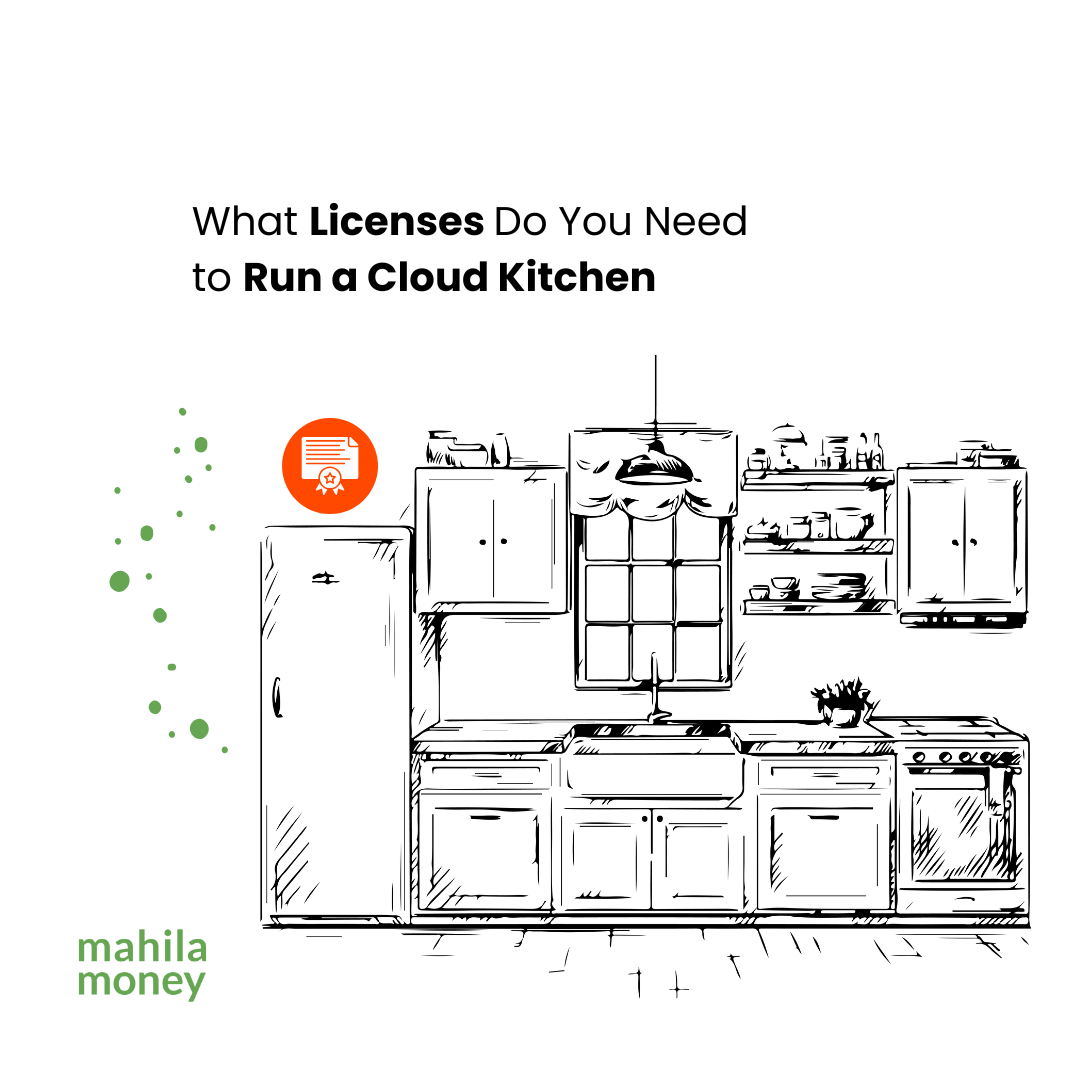Does a cloud kitchen need a license in India? Learn what licenses do you need to run a cloud kitchen in India, including FSSAI, GST registration, and more to ensure compliance and build customer trust.
Do you run a cloud kitchen? Does cloud Kitchen need a licence? How to get an FSSAI license for Cloud Kitchen? Is a FSSAI license mandatory for a home kitchen? Cloud kitchens in India have grown rapidly. A joint report by Bain & Company and Swiggy shows that online food delivery in India rose from 8% to 12% between 2019 and 2023. This shows a growth of 2.8 times compared to the overall food services sector. As a result, starting a cloud kitchen has become a popular business choice. However, you’ll need several licenses and permits to ensure your cloud kitchen operates legally and meets industry standards.
Apply For a Business Loan
List of Licenses Required for Home-Based Cloud Kitchens in India
Did you know India’s food delivery market is projected to grow by over 10% annually? With this growth comes a strong push for regulations that ensure customer safety and business accountability. Below are the primary licenses you’ll need for a home-based cloud kitchen.
#1. FSSAI Registration (Food Safety and Standards Authority of India)
An FSSAI license is important for any food business. This license shows that your kitchen meets the standards set by the Food Safety and Standards Authority of India. The FSSAI license ensures that food is handled and prepared in a safe and hygienic environment.
- Who Needs It? Any food business with annual sales under ₹12 lakh can register for the basic FSSAI license. You’ll need a state or central license if your sales exceed this amount.
- Why it’s important: Ensures compliance with food safety standards, reassuring customers that your kitchen prioritizes hygiene.
- Where to apply: Online via the FSSAI portal.
- Important Documents Required:
- ID proof and address proof
- Passport-sized photo
- Declaration form
How to Apply:
- Go Online: Register on the FSSAI website and upload the required documents.
- Time Required: Processing can take between 7-30 days.
- Cost: Fees for small businesses start at around ₹100 for a one-year registration.
#2. Shop and Establishment Act License
Even if your cloud kitchen operates from home, you’ll need to register it under the Shop and Establishment Act. This license monitors working hours, hygiene, and employee conditions in small businesses.
Who Needs It?: All businesses operating within city limits.
Why It’s Important: Ensures your business meets essential regulatory compliance, often necessary for other registrations.
Where to Apply: Through your local municipal corporation, some states also offer an online application.
Important Documents Required:
- Business location proof
- Identity proof of the applicant
How to Apply:
- Submit Your Application: Go to the local municipal office with your documents.
- Time Required: Typically processed within 2-5 working days.
- Cost: Fees are generally low, though they vary by location.
#3. GST Registration
With almost all businesses required to register for Goods and Services Tax (GST), your cloud kitchen is no exception. GST registration will enable you to legally charge GST on your sales, allowing you to claim input tax credit on expenses.
Who Needs It? Businesses with annual turnover over ₹20 lakh (₹10 lakh in some states).
Why It’s Important: Allows tax compliance, offers input tax credit benefits, and builds transparency with customers.
Where to Apply: GST registration is done online via the GST portal.
Important Documents Required:
- PAN card
- Proof of address
- Bank details
How to Apply:
- Complete the Online Application: Register on the GST portal with the necessary documents.
- Time Required: Processing usually takes 2-7 working days.
- Cost: Registration itself is free, though hiring a consultant may add costs.
#4. Fire Department NOC
For a home-based cloud kitchen setup, the Fire Department’s No Objection Certificate (NOC) might seem unnecessary, but safety is critical in a kitchen environment. This certificate ensures your kitchen meets fire safety standards and has necessary fire-fighting measures.
Who Needs It? All food businesses, including home-based kitchens, for safety compliance.
Why It’s Important: It certifies that adequate fire safety measures are in place, protecting both business and home environments.
Where to Apply: Local fire department office.
Important Documents Required:
- Kitchen layout plan with fire safety measures highlighted
- Safety compliance details
How to Apply:
- Submit Layout and Safety Plan: Visit the local fire department office with your kitchen layout and safety plan.
- Time Required: Inspections and approval may take a few days to a few weeks.
- Cost: Usually free or minimal, depending on local regulations.
#5. Trade License
Issued by the local municipal corporation, a Trade License authorizes you to operate a business within a city or town.
Who Needs It? Any commercial business within city limits, including home-based kitchens.
Why It’s Important: Establishes that your business legally complies with local regulations.
Where to Apply: Submit your application to the local municipality.
Important Documents Required:
- Proof of business location
- Personal identification
- Business details
How to Apply:
- Submit Application: Provide your documents, including your business location and personal ID.
- Time Required: Processing generally takes 7-15 working days.
- Cost: Varies by the municipality but is usually minimal.
Why These Licenses Matter – Insights from the Food Business Community
Obtaining proper licenses is more than meeting regulations; it’s about establishing a reliable and safe brand. Recent data indicates that fines for non-compliance in India can range from ₹1 lakh to ₹10 lakh, which is risky for small businesses. Furthermore, over 70% of licensed food businesses report increased customer trust and repeat purchases, which is especially vital for cloud kitchens that rely heavily on online reviews.
Building a Legally Compliant Cloud Kitchen
Is it legal to start a cloud kitchen from home? Absolutely. You can legally start a cloud kitchen from home in India if you have the necessary licenses. Getting these licenses is important for following rules and building a trustworthy business. Each license ensures food safety and hygiene and helps protect the health of customers and the community.

While the process may seem complex, following it carefully can help you avoid issues and set your cloud kitchen up for success. Now, the next time you wonder, “What licenses do I need to run a cloud kitchen in India?” you’ll have a clear roadmap.
Make sure your cloud kitchen follows all the rules. This will help you succeed in India’s growing food delivery market and earn trust and loyalty from customers. Follow these steps and get ready to achieve success!
#JiyoApneDumPe
Read more:
8 Steps To Start A Cloud Kitchen From Home in India
How to Build a Strong Credit Score Before Applying for a Business Loan
Tips To Repay A Loan Faster Post-Festive Season

If you are a woman entrepreneur who wants to take your business to new heights and is in need of working capital and entrepreneurship resources, come speak to us on Mahila Money. For more such #JiyoApneDumPe live conversations, download the Mahila Money App on Play Store or visit us on www.mahila.money





Suggestions for start up for vegetrian cloud kitchen
Do check out our blog and if you need more help you can attend Mahila Money Open House every Mon-Fri, 12 PM and Mahila Money Talks to clear your doubts and queries. Thanks, Rekha.